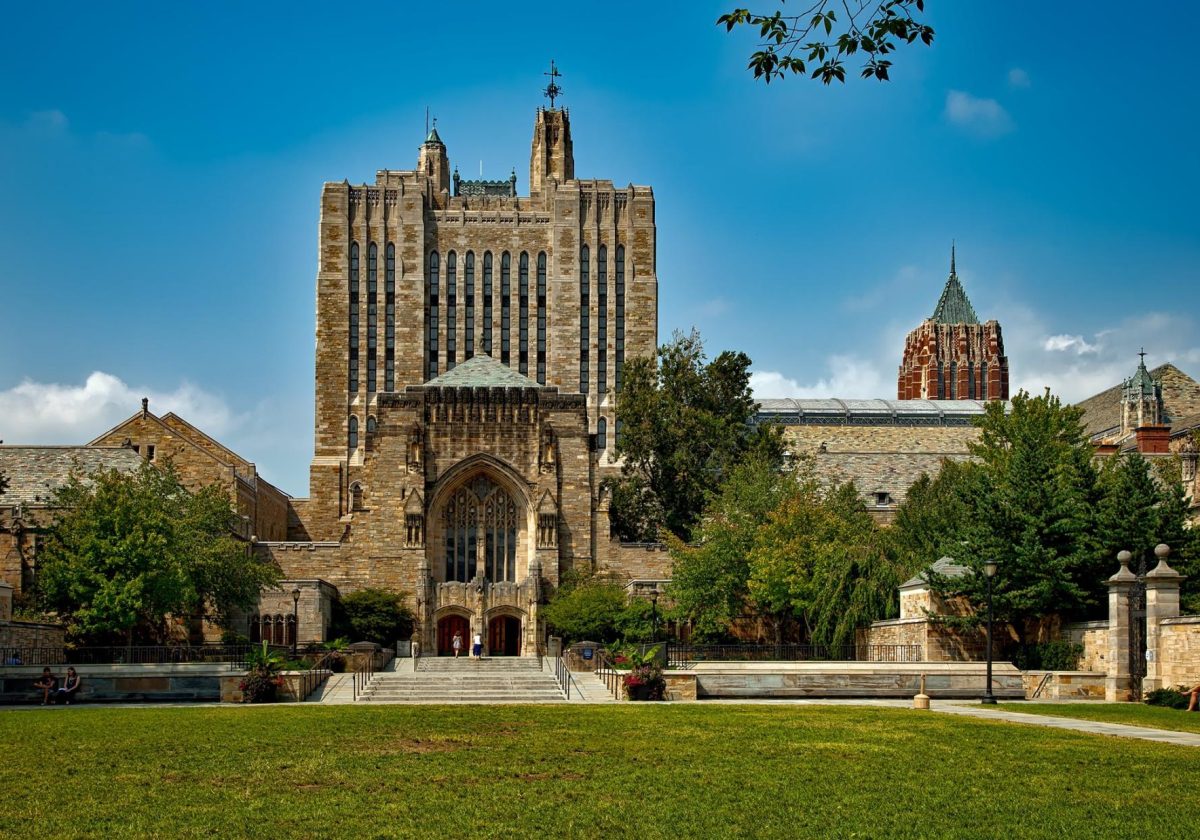Many students have thought about it: You want to go to Harvard, Yale, or one of the other Ivy League universities. However, with the cost of tuition or the insanely competitive admissions process, you’re left wondering if applying is even worth your time and effort. So you may want to evaluate the true cost of applying to and attending the Ivies to see if they’re right for you. If not, you can consider alternative universities with similar academics.
It’s important to define what an “Ivy League” is. The terminology dates back to the 1930s when sports writer Stanley Woodward used the phrase to describe a group of eight prestigious, “ivy-covered” universities in the northeastern U.S. Now the term describes anything affiliated with academic excellence and prestige. Many universities like Duke, Georgetown, and MIT are mistaken as being part of the Ivy League, but they carry their own prestige and are often referred to as “Southern Ivies,” “Hidden Ivies,” and “Ivy Plus,” respectively. For a comprehensive list of the types of Ivies, I recommend checking out this blog from CollegeVine.
Regardless of which prestigious institution you decide to apply to, you should consider programs offered, location, tuition cost, campus culture, opportunities, athletics, alumni networks, and class sizes. The order of importance for these points will vary from person to person, but generally the most important of these factors are location, tuition, and opportunities.
For location, it is important to consider that because most Ivies are in the northeast, it may be best to look at schools in-state if you don’t want to be too far from home. For Virginia residents, the University of Virginia can be an excellent choice if you want to stay home but still attend a highly reputable university. Washington & Lee University in Lexington and Virginia Tech in Blacksburg are other renowned universities in Virginia. If you want to travel out of state, but not terribly far, consider looking at other comparable institutions in neighboring states (see the Collegevine link above).
Location isn’t on everyone’s list of concerns, especially for people who have lived in the same area for most of their lives. However, tuition will likely be on everyone’s minds because we all have very different financial situations. Many in-state schools offer more competitive financial aid than out-of-state schools. However, many Ivy League schools and Ivy-adjacent colleges have significantly overhauled their financial aid for all students. Each school is different, so consider visiting their websites and doing research. This page from USAGov offers information and tuition cost calculators to help you figure out your approximate cost of attendance.
The last major thing people will likely consider is opportunities. These can be things like the majors and minors offered, specialized programs, internships, or social networks (which coincide with alumni networks). Depending on your intended major and career, you’ll find a concentration of these things more or less useful to your success. Ivy Leagues offer a lot of great opportunities across the board, oftentimes beyond what typical colleges could offer, but some provide more specific opportunities than others.
For example, if you’re interested in the world of politics and law, you might find it better to go to a university like Georgetown, George Washington University, or American University in Washington, D.C. The internship opportunities there might be more plentiful than at other Ivies, so it’s important to make sure you’re applying to a school that offers the programs and opportunities best suited for you.
Ivy Leagues can be a great choice for students who are interested in the prestige and quality associated with Ivies and are prepared to face the intense competition of admissions. However, there are many amazing and sometimes even comparable educational opportunities prospective university students can find at home or close to home. Above all else, it is important for students to consider their priorities and do ample research before making decisions.
Getting ready for college doesn’t have to be complicated. For more information and resources on preparing for college, email FCHS College Advisor Kiersten Headen at [email protected]






